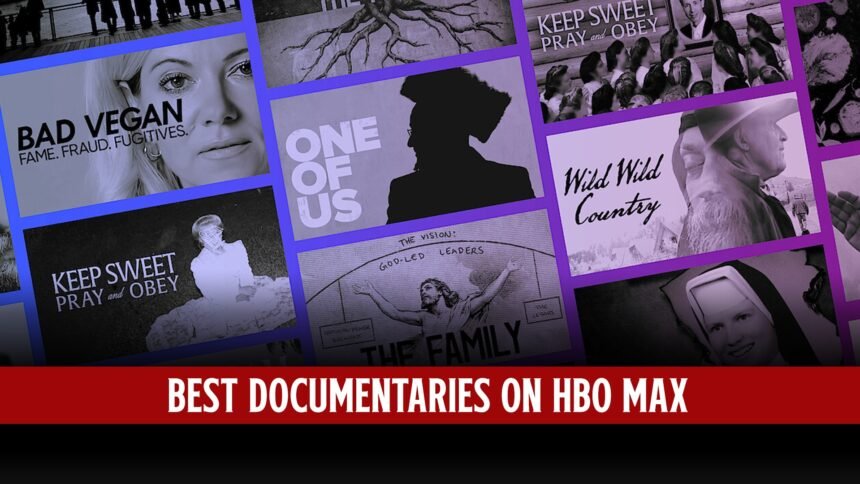According to recent reports, OpenAI is making significant strides toward achieving an annual revenue of $1 billion. The creator behind the innovative generative artificial intelligence (AI) bot, ChatGPT, is currently generating an estimated $80 million in monthly revenue, as per a late Tuesday (August 29) report by Bloomberg News, which cites a source with knowledge of the matter.
The introduction of ChatGPT last autumn sparked a wave of investments in the generative AI sector, with OpenAI, supported by Microsoft, emerging as a prominent player in the field. Despite contacting OpenAI for commentary, PYMNTS has yet to receive a response.
Just this week, OpenAI unveiled ChatGPT Enterprise, a corporate edition of the tool that, as mentioned in the Bloomberg report, represents the company’s most substantial endeavor to date in attracting diverse business clients and bolstering revenue from its flagship offering.
Over 80% of Fortune 500 companies have adopted ChatGPT since its launch, the company revealed in a statement on Monday (August 28). This new iteration was designed to provide enterprises with a secure and swift way to implement the technology, leveraging it to enhance communication, expedite coding tasks, address intricate business queries, and assist in creative projects.
Meanwhile, research conducted by PYMNTS underscores that numerous enterprises still need to be made aware of their position on generative AI, even though they recognize the pressing need to embrace it.
The joint effort between PYMNTS and AI-ID, titled “Understanding the Future of Generative AI,” uncovered that 62% of executives feel their companies lack the expertise to harness the technology effectively, and there are lingering questions about AI regulation.
Cary Coglianese, the founding director of the Penn Program on Regulation, stated, “Addressing the diverse challenges of AI regulation cannot be the responsibility of a single institution. While mandating a universal safety feature for AI tools would be ideal, such a one-size-fits-all approach isn’t feasible for regulating AI.”
In a separate interview earlier this week with PYMNTS, Dr. Johann Laux emphasized that overseeing AI necessitates the establishment of technical standards and the emergence of an audit industry for AI systems.
Furthermore, as previously highlighted this month, not all applications require the latest, most sophisticated, and costly large language models (LLMs) available.
Taylor Lowe, CEO and co-founder of the LLM developer platform Metal, remarked, “Despite the excitement surrounding AI technology, it remains unfamiliar to most, and expertise is a rare commodity,” in an interview with PYMNTS in July.













